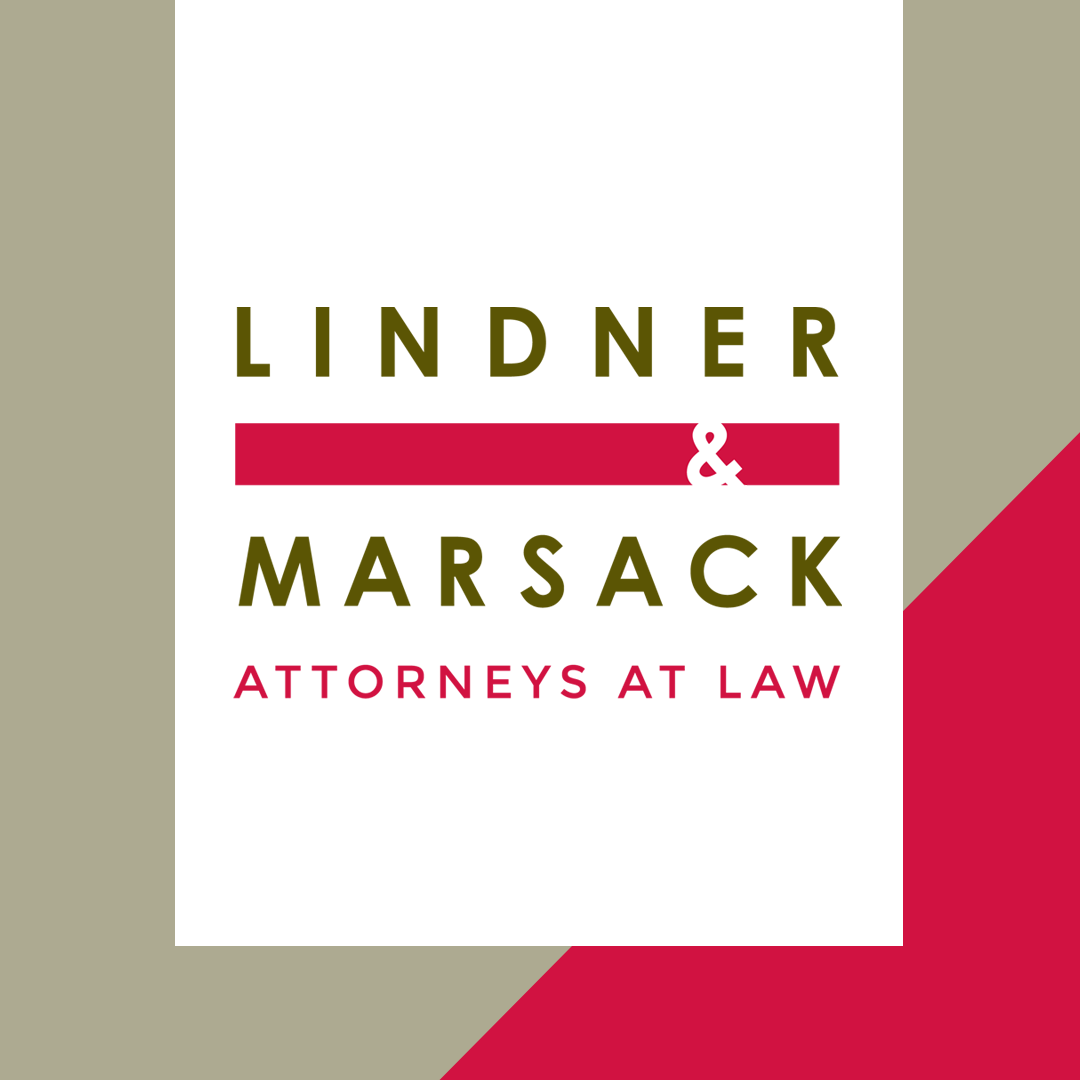By: Daniel Finerty On August 27, 2015, the National Labor Relations Board (Board) invalidated an employer’s confidentiality policy that was in place to maintain the integrity of its internal investigations. The Board determined both the original and revised confidentiality policies used by the Boeing Company unlawfully restrained employee rights to discuss the terms and conditions […]

